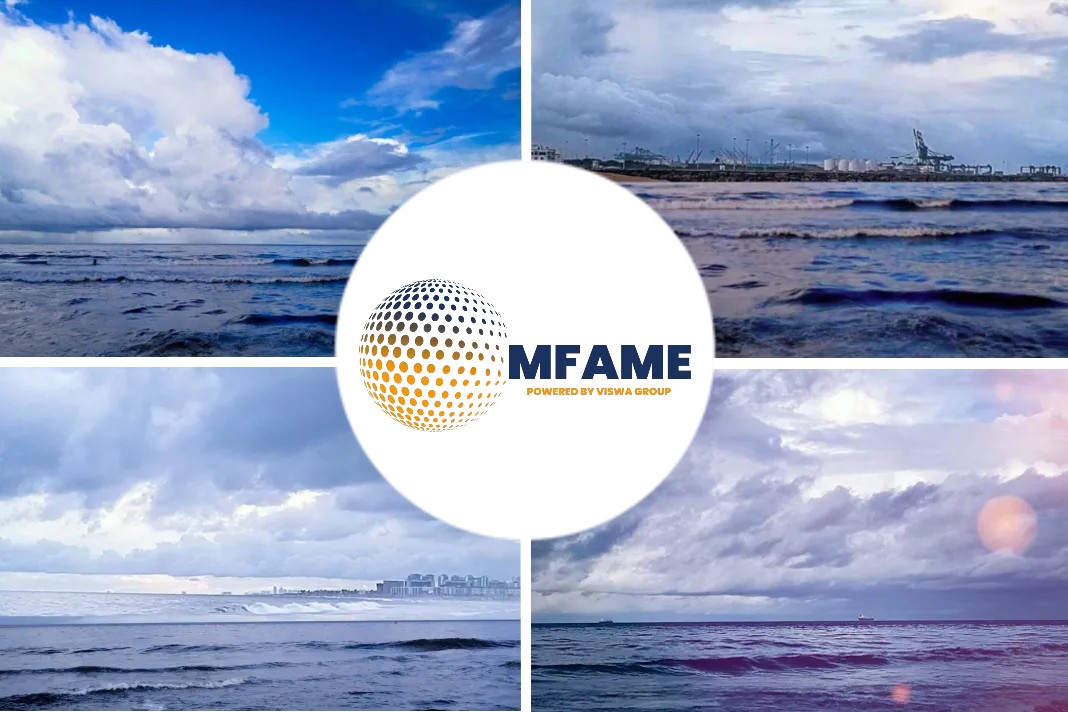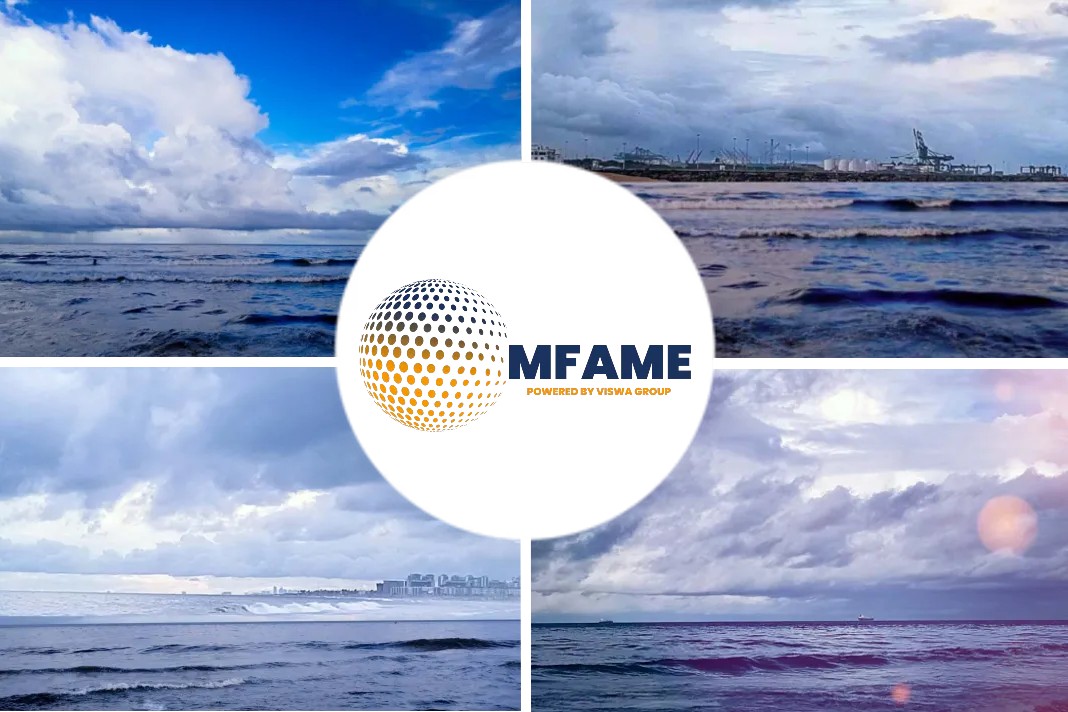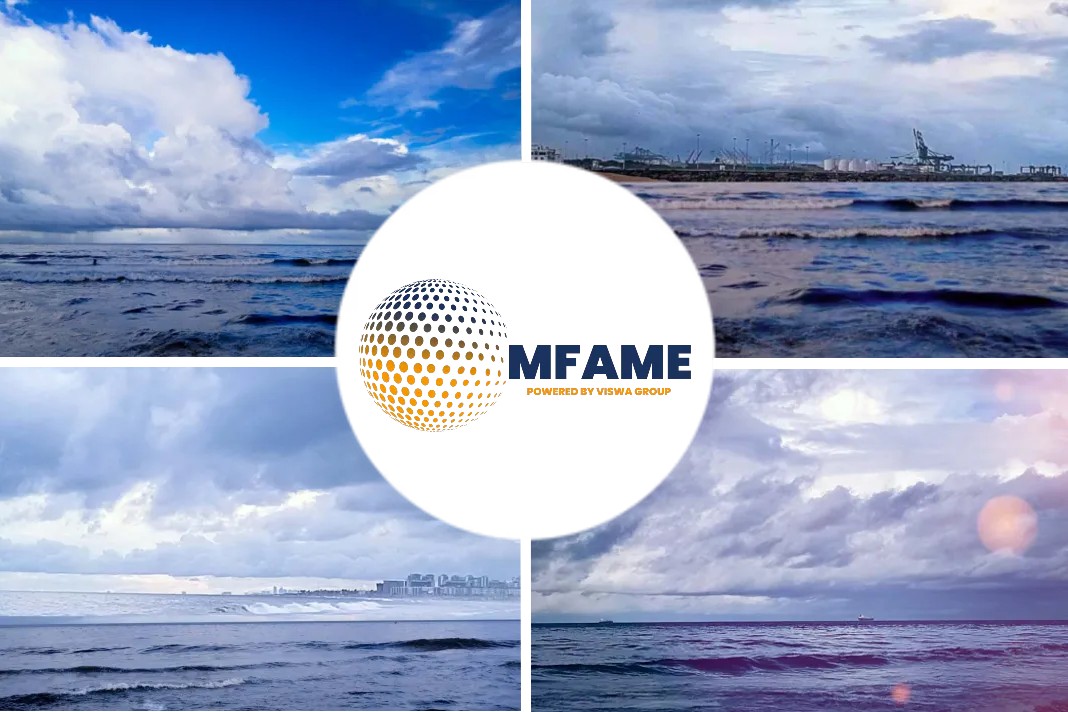- Last week, Alibaba joined the International Port Community Systems Association’s (IPCSA) blockchain bill of lading initiative as part of the Logistics Visibility Task Force.
- The task force was set up by Alibaba, LOGINK, and IPCSA to develop digital logistics solutions and speed up trade.
- LOGINK is China’s state backed information network for sharing logistics data.
A recently published article in the Ledger Insights deals with the role of Alibaba in blockchain bill of lading initiative.
Bill of lading blockchain project
The bill of lading blockchain project aims to standardize blockchain applications in logistics and e-commerce and expects to launch a proof of concept soon. Israel Ports Company is leading the initiative after it completed blockchain pilots with ZIM and a few others.
The bill of lading is an essential legal document required for releasing cargo from a port. However, this document is usually sent separately from the shipment using a courier. This increases the risk of fraud and the potential loss of documents.
Development of track and trace source
Blockchain is being trialed to seamlessly transfer trade documents across borders, along with real-time tracking of cargo movement.
“In its work to develop global smart supply chains, the Task Force has focused on the development of track and trace solutions and the use of ISO standards,” said Zhu Hongu, Head of the Standardization Department at Alibaba Group. “Following on from this work, Alibaba has signed up to the IPCSA Blockchain Bill of Lading initiative, effectively making this a second workstream of the Task Force.”
Main goal of the project
- The project’s main objective is to standardize the bill of lading data.
- So trade participants can accurately match data as the cargo moves from one point to another.
- This would save shippers, shipping lines, freight forwarders, importers and banks significant time and money.
“Blockchain is transferring an asset and there is huge value in linking the consignment to the information that Port Community Systems hold,” said Richard Morton, secretary-general of IPCSA. “This can match the Bill of Lading to any ‘event’ during the movement of the cargo – for example, that the cargo has been loaded on the ship, arrived at port, been unloaded, been cleared by customs, or exited the gate.”
Solution is expected
Morton also clarified how the solution is expected to progress. “Getting people to use structured data – especially small and medium-sized companies – is a challenge. The IPCSA Bill of Lading will also accept adding PDF and JPG documents in the first version, but ultimately it will be entirely based on Blockchain structured data.”
The IPCSA also acknowledged the Digital Container Shipping Association (DCSA) whitepaper on developing open standards for the bill of lading.
Earlier this year, Alibaba, Ant Financial and China Merchants Port Group said they were exploring blockchain for a smart port platform in China. PingAn’s OneConnect is also working with China Merchants Port Group for smart ports.
Did you subscribe to our daily newsletter?
It’s Free! Click here to Subscribe!
Source: Ledger Insights















